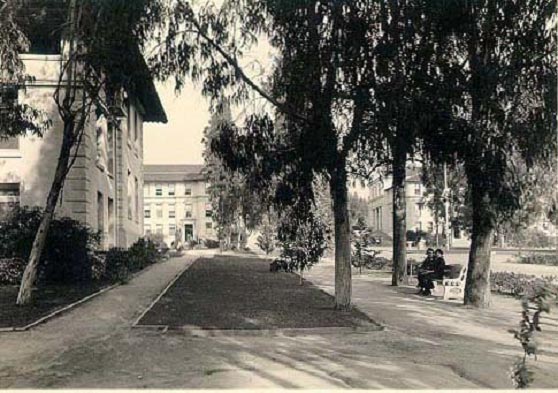Eqbal Ahmad
 | birth_place = Gaya, Bihar, British India
| death_date = 11 May
| death_place = Islamabad, Islamabad Capital Territory, Pakistan
| spouse = Julie Diamond
| children = 1
| module =
| embed = yes
| birth_place = Gaya, Bihar, British India
| death_date = 11 May
| death_place = Islamabad, Islamabad Capital Territory, Pakistan
| spouse = Julie Diamond
| children = 1
| module =
| embed = yes| module2 = | branch = Pakistan Army | serviceyears = First Kashmir War | rank = Second Lieutenant }} }} Eqbal Ahmad (1933 – 11 May 1999) was a Pakistani political scientist, writer and academic known for his anti-war activism, his support for resistance movements globally and academic contributions to the study of the Near East. Born in Bihar, British India, Ahmad migrated to Pakistan as a child and went on to study economics at the Forman Christian College. After graduating, he worked briefly as an army officer and was wounded in the First Kashmir War in 1948. He participated in the Algerian Revolution, then studied the Vietnam War and U.S. imperialism, becoming an early opponent of the war upon his return to the U.S. in the mid-1960s.
While highly regarded in radical circles of South Asia and left-wing circles more generally, Ahmad was a controversial figure. According to Pervez Hoodbhoy, warrants of arrest and death sentences were put on him during successive martial law governments in Pakistan. Although he was indicted in 1971 on charges of conspiring to kidnap Henry Kissinger (who was then President Nixon's National Security Advisor), the case was eventually dismissed. Kabir Babar called Ahmad "one of the most outstanding thinkers ever to originate from the Subcontinent. His analyses of the major political events and trends of the 20th century were noted for their astuteness and predictive power." Edward Said listed Ahmad as one of the two most important influences on his intellectual development, praising the latter's writings on South Asia especially as informative. Provided by Wikipedia
1


